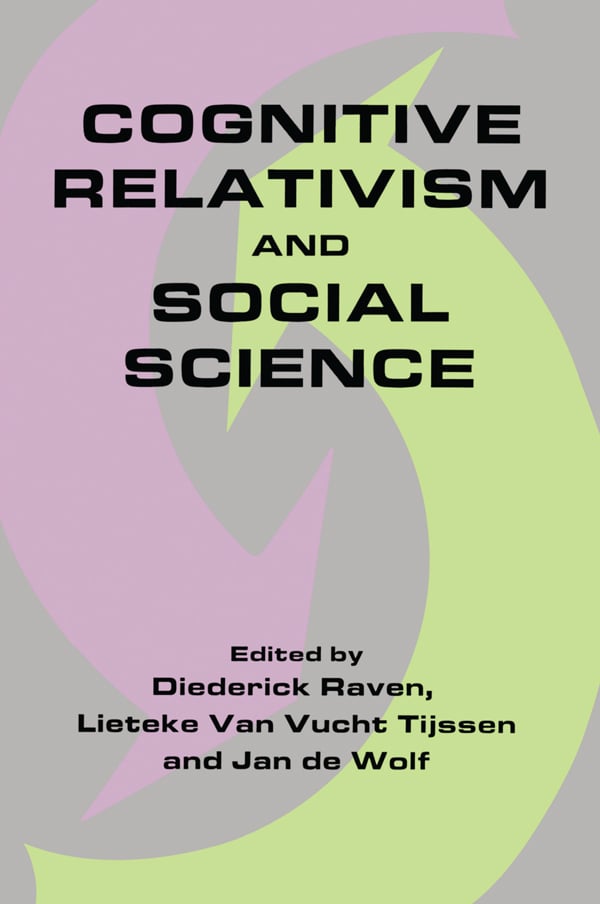Cognitive Relativism and Social Science
Cognitive Relativism and Social Science
Modern epistomology has been dominated by an empiricist theory of knowledge that assumes a direct individualistic relationship between the knowing subject and the object of knowledge. Truth is held to be universal, and non-individualistic social and ...
Read more
Modern epistomology has been dominated by an empiricist theory of knowledge that assumes a direct individualistic relationship between the knowing subject and the object of knowledge. Truth is held to be universal, and non-individualistic social and cultural factors are considered sources of distortion of true knowledge. Since the late 1950s, this view has been challenged by a cognitive relativism asserting that what is true is socially conditioned. This volume examines the far-reaching implications of this development for the social sciences.Recently, cognitive relativism has become a key issue of debate in anthropology, philosophy, and sociology. In anthropology this is illustrated by a growing awareness of the similarity of all systems of knowledge. In philosophy it is exemplified by the realization that traditional monolithic and absolutist concepts of truth have increasingly lost any power to make sense and to convince. In sociology it is visible in a renewal of interest in a general sociology of knowledge. Yet, in spite of this convergence of interests, practitioners of these three disciplines have on the whole shown no inclination to reach a consensus on the terms of reference that could facilitate an interdisciplinary approach.Cognitive Relativism and Social Science aims to do just this. It is a working assumption of this volume that, as far as the subject of cognitive relativism is concerned, anthropologists, philosophers, and sociologists should join forces rather than try to deal with the challenges of cognitive relativism within strictly imposed boundaries that normally separate academic disciplines. Only when they work together will it be possible to treat the problems posed by cognitive relativism in an adequate way. This volume provides the results of attempts to communicate on cognitve relativism across disciplinary boundaries. This is must reading in the philosophy of social science and in social research theory.
Less










.jpeg)




.jpg)












